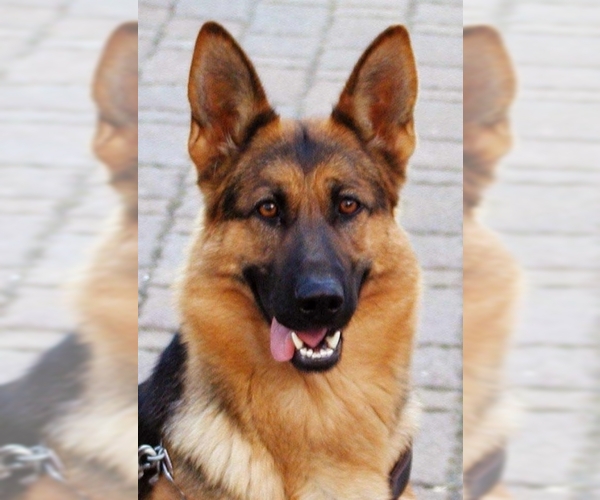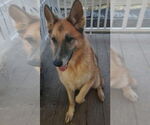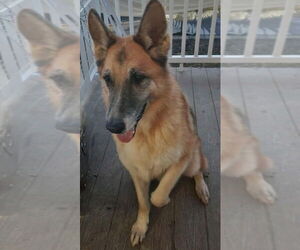MAX - GERMAN SHEPHERD DOG DOG FOR ADOPTION
German Shepherd Dog Dogs For Adoption in garner, NC, USA
For Adoption
-
Nickname:
Max
-
Breed
-
Gender
Male
-
Age
Adult
-
Location
garner, NC, 27529 USAUSA
Description
Dog Breed: German Shepherd Dog. Max is available for adoption now! Looking for his foster or forever Max is a handsome German Shepherd Fully vetted and microchipped House , crate and leash trained Great with dogs, cats, kids and everybody Such a sweet boy In foster with Master certified trainer In home with cats Looking for his forever home This poor guy has had a rough life Abandoned at the shelter by his owner Such a good boy and loves to be loved Lower energy. Great napper. Looking for a couch to surf on Iredell County Transportation available for approved adopters Please share everywhere and let's get him home forever
-
Behavioral Characteristics
OK with Kids: Yes OK with Dogs: Yes OK with Cats: Yes Other: - Housetrained
-
Additional Information
Was the Dog Found No Other - Up-to-date on Vaccinations
Let PuppyFinder Help!
Save Time. Get The Right Match. Buy Puppy Safer.
CREATE A WANTED ADRescue Information
-
Organization name
Rusty's Rescue Ranch
-
Location:
garner, North Carolina, 27529 USAUSA
Breed overview

German Shepherd Dog
A.K.A.: Alsatian, Alsatian Wolf Dog, Shepherd Dog, GSD, Deutscher Schäferhund, Schäferhund, Berger Allemand, Pastore Tedesco, Perro de Pastor Alemán, Alsatian Dog
Overview:
The German Shepherd Dog, a truly iconic breed, originated in Germany in the late 19th century, primarily for herding sheep. They are easily recognizable by their athletic, medium-to-large build, typically weighing between 50-90 pounds, with a distinct double coat that can be black and tan, sable, or solid black. Known for their intelligence and loyalty, German Shepherds possess a remarkably trainable and courageous temperament, making them exceptional working dogs in fields like police and service work. While generally good with families when properly socialized, their high energy levels and need for mental stimulation make them unsuitable for apartment living without significant daily exercise. Prospective owners should be aware of common health concerns such as hip and elbow dysplasia, as well as degenerative myelopathy, underscoring the importance of responsible breeding and regular veterinary care.
See more...

